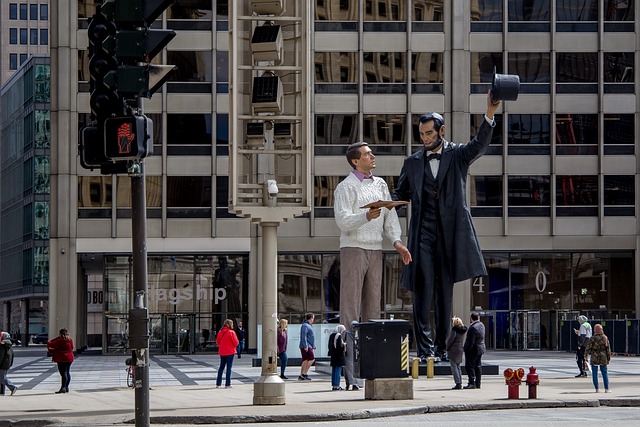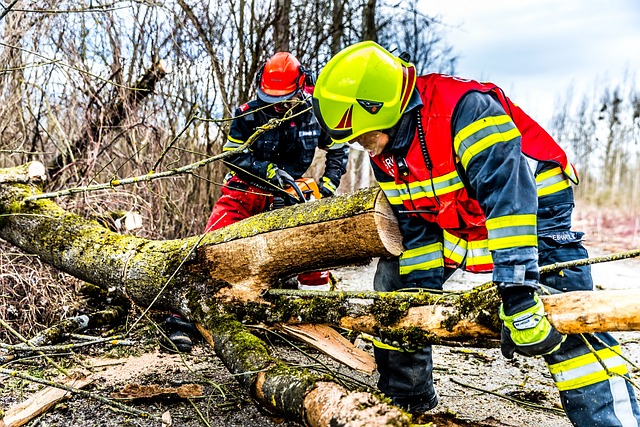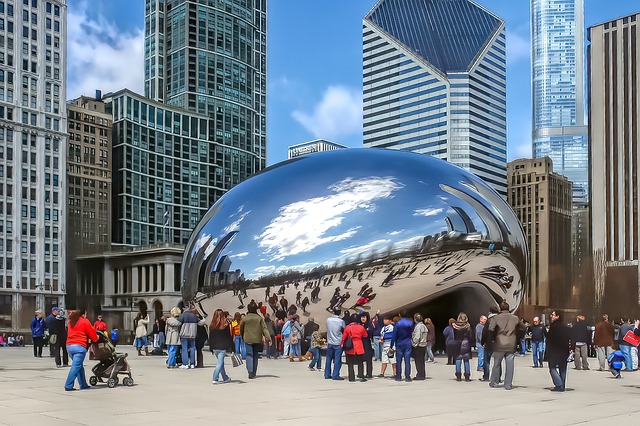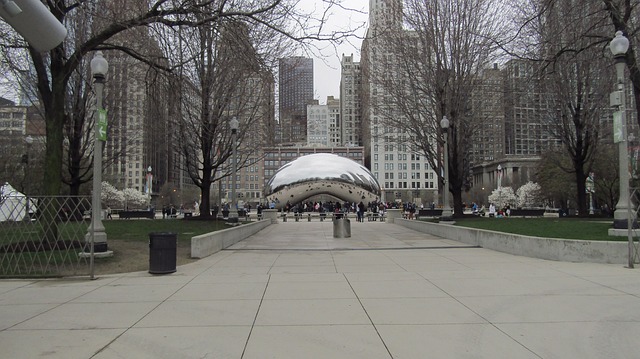Selling a house with fire damage in Chicago requires strict adherence to local housing regulations, prioritizing safety and transparency. Homeowners must conduct thorough inspections, address structural repairs, update electrical systems, and install new smoke detectors. Illinois law mandates disclosure of significant property damage, necessitating documentation of repair work and communication of the property's current state. The meticulous process involves obtaining permits, inspections, and certifications, with professional expertise required for extensive renovations. Compliance ensures a seamless transaction, unlocking the property's full value while showcasing a commitment to quality and safety.
“Navigating Chicago’s housing regulations is crucial for anyone looking to sell or renovate. This comprehensive guide delves into the intricate details of the city’s guidelines, specifically focusing on properties with fire damage. From understanding legal requirements for selling a house with fire damage in Chicago to ensuring compliance during renovation and post-renovation sale, this article offers valuable insights. Discover how to maximize value while adhering to strict city standards.”
- Understanding Chicago's Housing Regulations: A Comprehensive Overview
- Fire Damage Disclosed: Legal Requirements for Selling in Chicago
- The Process of Repair and Renovation: Adhering to City Standards
- Post-Renovation Sale: Ensuring Compliance and Maximizing Value
Understanding Chicago's Housing Regulations: A Comprehensive Overview
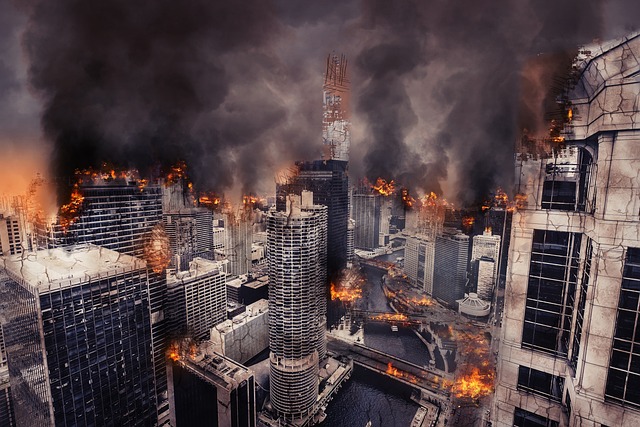
Chicago’s housing regulations are designed to ensure safety, maintain property standards, and protect both homeowners and renters. When it comes to selling a house with fire damage Chicago residents must adhere to specific guidelines outlined by the Building Department. These regulations cover everything from structural repairs to updating electrical systems, ensuring that any home on the market meets safety standards.
Understanding these regulations is crucial for anyone looking to sell a property in Chicago. Sellers must conduct thorough inspections and address any issues related to fire damage, such as replacing damaged walls, repairing or upgrading wiring, and installing new smoke detectors. By following these comprehensive guidelines, Chicago homeowners can navigate the selling process smoothly while prioritizing safety and compliance.
Fire Damage Disclosed: Legal Requirements for Selling in Chicago

When it comes to selling a house with fire damage in Chicago, transparency is key. Illinois law mandates that potential buyers be informed about any significant property damage, including fire-related issues. This regulation ensures that buyers make well-informed decisions and are aware of the extent of repairs needed. In Chicago, sellers must disclose any known fire damage and provide relevant details to prospective purchasers.
For selling a house with fire damage in Chicago, it’s essential to document and communicate the scope of repairs carried out or required. This includes providing records of inspections, estimates for repairs, and any permits issued for renovation work. By adhering to these legal requirements, sellers can facilitate a smooth sale process and help buyers understand the current state and future prospects of the property.
The Process of Repair and Renovation: Adhering to City Standards
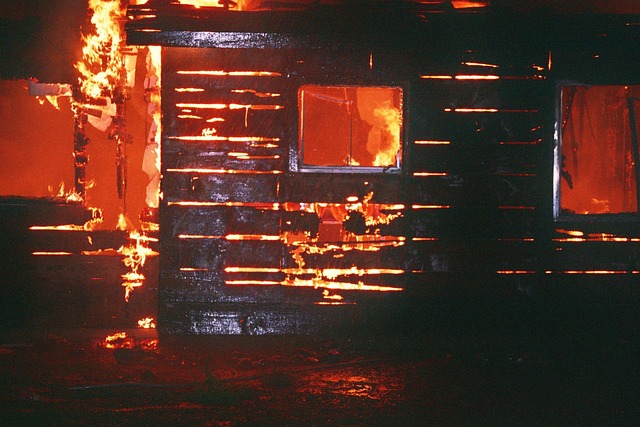
When selling a house with fire damage in Chicago, navigating the repair and renovation process is crucial. Homeowners must first assess the extent of the damage and obtain accurate cost estimates for repairs from licensed contractors. This includes addressing any safety concerns outlined by Chicago’s building codes and fire safety regulations. Once repairs are completed, it’s essential to ensure all work complies with city standards. This involves obtaining necessary permits, inspections, and certifications before putting the property back on the market.
Chicago housing regulations strictly enforce these requirements to maintain neighborhood safety and property values. Selling a house with fire damage requires meticulous documentation of repair processes and adherence to guidelines set by the Chicago Department of Building and Zoning. Homeowners should also be aware that certain types of damage, especially if they compromise structural integrity or pose potential hazards, may require more extensive renovations and professional expertise.
Post-Renovation Sale: Ensuring Compliance and Maximizing Value
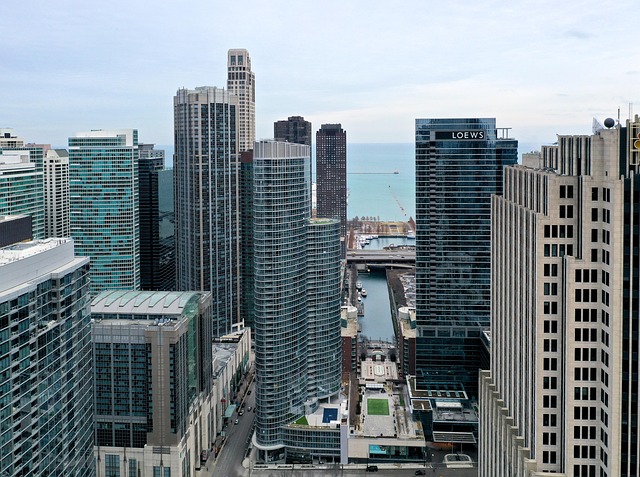
When it comes to selling a house with fire damage in Chicago, navigating post-renovation sales requires careful consideration of local housing regulations. Compliance is key to ensuring a smooth transaction and maximizing the property’s value. Homeowners must adhere to specific building codes and safety standards set forth by the city, addressing any structural issues or necessary repairs caused by the fire damage. This may involve obtaining permits for renovation work, ensuring proper inspections, and adhering to guidelines for safe re-occupancy.
By addressing these regulations head-on, sellers can avoid potential delays or legal complications later in the sales process. Moreover, prioritizing compliance demonstrates a commitment to quality and safety, which can be appealing to prospective buyers. This is especially important when dealing with fire damage, as it may trigger increased scrutiny from lenders, inspectors, and insurance companies. A thorough understanding of Chicago’s housing regulations can help transform a challenging sale into an opportunity to showcase the property’s potential for a new beginning.
Chicago’s housing regulations, particularly regarding fire damage disclosure and renovation standards, play a crucial role in ensuring safety and property value. When considering selling a house with fire damage in Chicago, understanding these regulations is essential. By adhering to the outlined processes, from repairing and renovating to navigating post-renovation sales, homeowners can maximize their property’s value while meeting legal requirements. This comprehensive guide equips sellers with the knowledge needed to successfully navigate the Chicago real estate market, even when dealing with fire damage.


